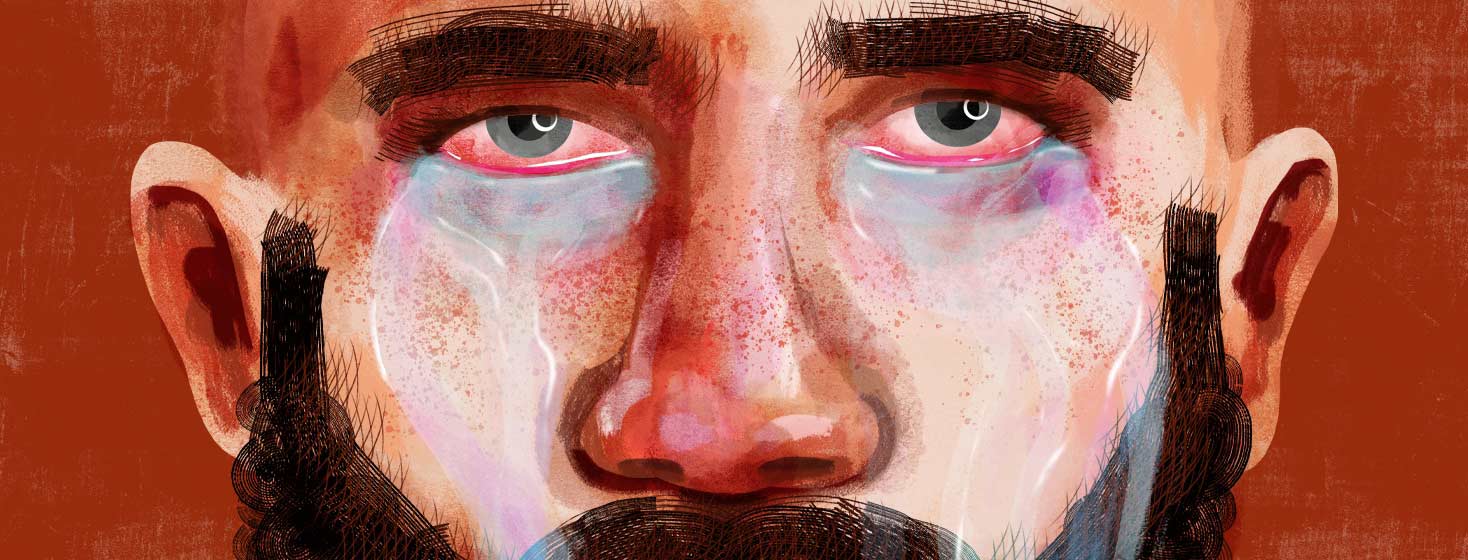The Lessons Grief Taught Me
Recently my time as a caregiver for our two dogs came to an end. After 2 years of midnight medicine doses and endless hours of helping them move around, we decided it was time to let them go.
This is not the first time I’ve spent time caring for someone as their life ended. It’s been almost 26 years to the day since I experienced the same routine with my then-partner.
Waking up every few hours to ensure he was taking his azidothymidine (AZT). Cleaning him when he had soiled himself. Carrying him from the bed to the sofa so he could experience some semblance of life even as it slipped away from him.
Processing grief
Grief is an intense emotion for me. I lost many friends during the plague years. It was not uncommon for several people to get deathly ill on the same day or to just disappear altogether.
Surviving those dark times has left me with some insights on processing grief.
Everyone’s experience will be unique to themselves, but these have helped me survive the anguish of losing someone after caring for them.
Accept that everything comes to an end
This is a state of mind I have allowed myself to exist in since my diagnosis almost 30 years ago. Each day I remind myself of my own mortality and the importance of savoring the world. Knowing that everything ends also helps me cope with questions that can arise after someone dies.
'Why did this happen?' It happened because it’s a natural part of life. It’s going to happen to everyone, and it’s happening right now, even as I type these words.
'Was there anything I could have done to change this?' The answer is no. All we can do is try to make the quality of life for the person we are caring for to be one of kindness and comfort. Love and understanding.
Allow yourself the space to grieve
Near the end of my dog’s life, I thought about what my reaction would be to their passing. This helped me understand what my grieving process might look like.
I gave myself permission to experience these intense emotions. It’s okay to be sad, angry, and disappointed. These feelings are natural and shared by everyone you know and nothing to be ashamed of.
Find someone to talk to
It might be easier to confide in a friend or family member, but you may find your grief being reflected back at you, if they share emotional ties with the person you’ve lost.
People near you may also feel compelled to offer suggestions about moving on when you may just need to get some things off your chest.
Counseling may be available through your employer or insurance. There are even free options for phone sessions. Take advantage of them. Call someone and cry, scream or just share what you will miss about whomever you’ve lost.
Celebrate their life
It eases the burden to remember the good times. Planning something can be elaborate as a block party or as simple as writing down your favorite memories of your time together.
I’m working on a journal of dog photos and little quotes about the silly things they did that made me fall in love with them.
Find a new purpose
Your routine has been disrupted. You no longer have the task of caring for someone else so that you may feel lost. It might seem impossible to go on but think about something in the past that once brought you pain.
Now ask yourself how that feels now. Is it as intense? It’s true that time heals all wounds. Give yourself permission to find new routines or hobbies to fill your life with.
Be at peace
Dying is a process that only those who are experiencing can comment on. I know I must allow them the opportunity to slip out of their pain. Just because I don’t want to let go, it isn’t fair for me to force my wish on them. In the end, I tell myself to be at peace with them being at peace.
Like death, grief is a private and personal journey that each of us will experience differently.
Because it waits in the future for all of us, it’s easy not to think about it, but maybe when things are bright, and the world seems safe is the best time to spend a moment considering how you may travel through it and survive.

Join the conversation